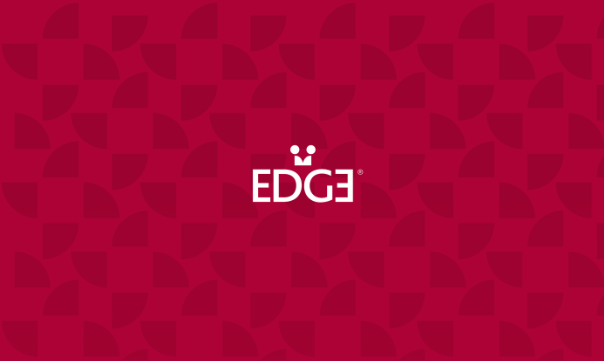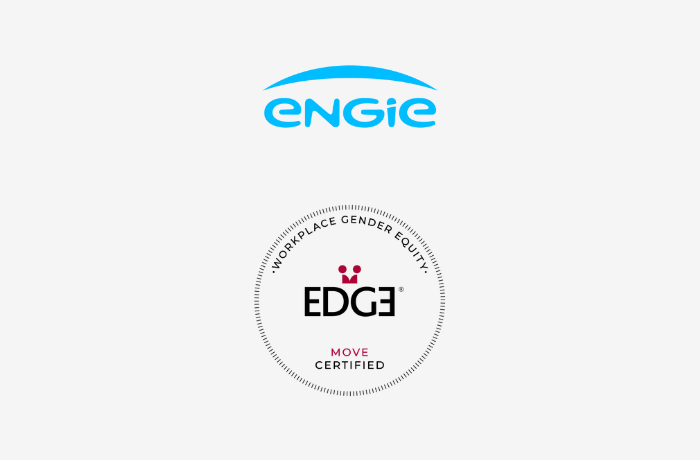Welcome to our article series, where we sit down with members of our Global Advisory Council and Academic and Scientific Council to explore their insights. Through a set of thought-provoking questions, each interview showcases their unique perspectives, expertise, and the latest work they’re passionate about. Together, we’ll shine a light on the contributions they’re making in the field of diversity, equity, and inclusion.
Meet Megan Beyer, Director of Art in Embassies, U.S. Department of State, journalist, activist, and lifelong advocate of women’s rights and gender issues. She is a valued member of the EDGE Global Advisory Council.

You have been a lifelong advocate of women’s rights and gender issues. What do you feel are the most pressing gender equality issues today?
Sadly, modern technological gifts of social media and artificial intelligence have not been entirely helpful to women’s quest for equality. EDGE Certification is an example of deploying data for equality, but in other ways technology plays a role in both amplifying stereotypes and keeping disproven beliefs about leadership alive. Misinformation, sometimes powered by AI, works overtime advancing old tropes about weaknesses of women. It is discouraging to see that despite years of struggle to attain equality, these ideas still have such power.
One way to counter this new wave of misogyny is to lift up women leaders. Four years ago I co-chaired the founding of a new international peace prize at the U.S. Institute for Peace (USIP). Each year we select from nominees from some of the most challenging conflict zones in the world for the USIP ‘Women Building Peace Award.’
You have been a supporter of EDGE Certification over the past 15 years, what do you think have been the main impacts of EDGE Certification?
EDGE Certification has helped to highlight effective approaches to retaining and elevating women into corporate leadership. We have heard much lately about how old data sets in AI strengthen stereotypes. What’s great about EDGE Certification is that it uses data to change the data. If more companies leverage EDGE Empower’s data-driven solution, they will improve the gender balance of C Suites and Board Rooms. EDGE enables companies to create a modern data set aligned with the values of equality.
As a long time advisor to the Geena Davis Institute on Gender in Media, and with your background in journalism, what do you think is the role of media today in shaping the understanding of and driving change in Diversity, Equity and Inclusion issues?
Rigorous accountability for children’s programmers has been the key to the Geena Davis Institute success in changing the programming landscape for American children’s television. Today’s gender-equal casts in cartoons to series sitcoms is a direct result of the Institute’s regular data collection on male/female roles in programming for children.
To measure something is to change it and that’s what the EDGE Certification process does. It offers companies a snapshot on the health of their career pipelines helping them see how they perform against EDGE Certification thresholds.
Geena called her project ‘ see Jane’ to convey how important it is for girls to see themselves represented as active and valued people. It also helped producers see how inequity was advanced, mostly unintentionally, in their content.
Bias is not easy to ‘see.’ It is unconscious. EDGE Certification similarly helps companies, that may believe they have no problems with gender issues, to ‘see’ and address weaknesses in their top talent development or family leave policies.
A big thank you to Megan for sharing these insights with us.


